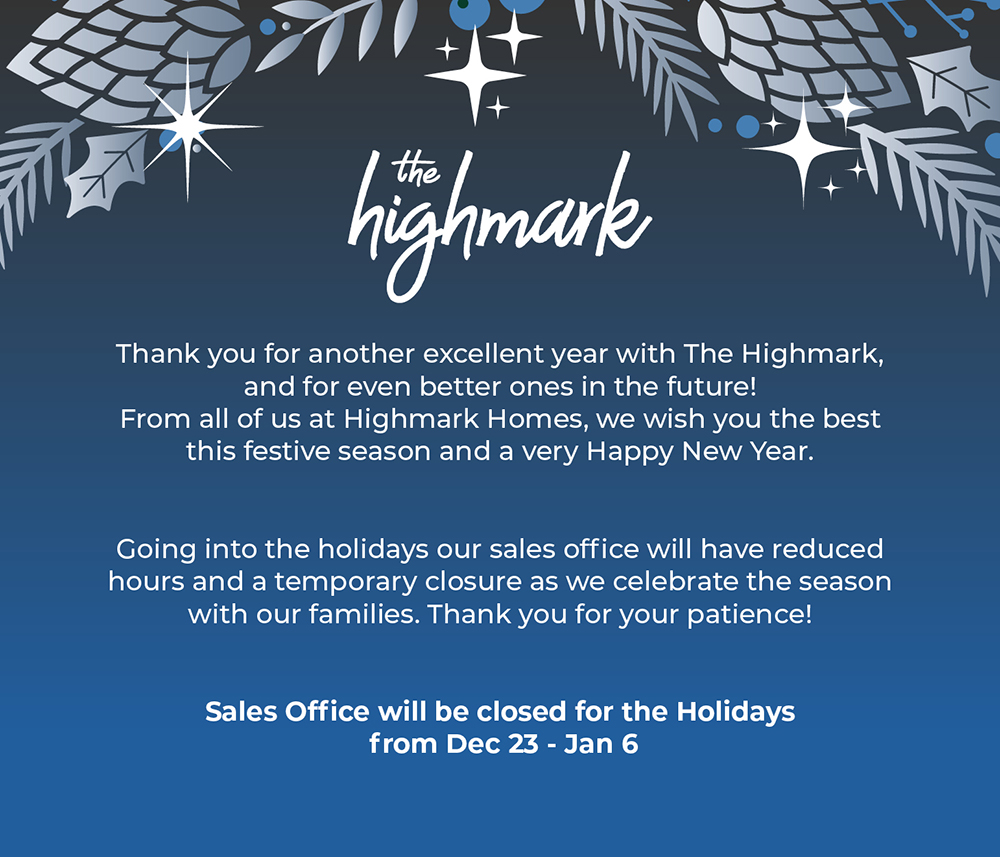Here are some things to consider when determining how much you can afford…
Household annual income Is it steady? Are you expecting it to change in the near future and if so, could this impact your ability to make your monthly mortgage payment? Calculator>
Down payment The size of your down payment will affect the size of mortgage you can afford.
Debt The lower your debt, the more money you’ll likely have to put towards your mortgage. Your debt level will also determine how much mortgage you can qualify for.
Amortization period This means the total length of time it’ll take you to pay off your mortgage. The longer you take to pay it off, the more interest you’re going to pay. Typically a mortgage can be amortized over a 25-year period. If you want to pay your mortgage off quicker, with less interest, you can choose to pay bi-weekly or weekly, instead of monthly.
This table shows the amortization schedule for the beginning and end of a $300,000 Mortgage. This is a 25 year loan charging 3% interest (with monthly payments).

Closing costs These are one-time legal and administrative fees associated with buying your new home. These fees are generally provided to the homebuyer for payment three days before the home purchase is finalized. You should try to set aside roughly 3% of your purchase price to cover closing costs. Understanding each one of the following closing costs will help you budget accordingly and will lead to a more comfortable home buying experience.
Legal fees These are lawyer/notary fees and disbursements that you’re responsible for paying during the purchase process. Your lawyer or notary should be involved in the purchase process as early as possible because they will act on your behalf during the purchase and mortgaging of the property, and can give you good insights and advice.
Title Insurance Your property’s title provides legal proof that you are its owner. Title insurance protects you as a homeowner against any challenges that may arise with the ownership of your home such as fraud, survey errors, encroachment issues or existing undisclosed liens.
Pre-paid property tax & utility adjustments You will be required to reimburse the seller of the home for any property taxes or utility bills that they have prepaid for in advance (e.g. If the seller prepaid 3 months of property taxes, you will be required to reimburse them for this amount).
Upgrade fees These fees are usually paid at closing or added into your mortgage. When upgrades are chosen, a 25% deposit is required. Upgrades consist of things such as granite kitchen countertops, hardwood flooring, and coffered ceilings. These fees are usually paid in cash or added to the mortgage proceeds because they increase the purchase price of the home.
Property/fire insurance Your mortgage lender may require proof of property/fire insurance that covers the replacement value of your home and its contents.
Typical housing costs When purchasing a new home, there will always be additional costs you should consider when making a monthly budget. Things like…
Property tax.
Your property tax is a levy that you as an owner are required to pay to the governing authority of the jurisdiction in which your property is located. It is usually paid to your municipality (Town of Whitby, for example). You can pay your property tax online, over the telephone, through mail, or in person with most financial institutions.
Property insurance.
Your friends, family and neighbours will be able to give you an idea of how much you can expect to pay.
Heating/hydro/water.
These rates can vary significantly depending on a number of factors such as the size of your family, frequency of usage and municipality. Asking friends or family with similar size homes will help.
Maintenance/repair.
Homeowners must also budget for ongoing maintenance and repairs that their home may require over the years. Things like painting, caulking, eavestrough cleaning, etc. If you’re purchasing a condo townhome or condominium unit, you will also have to pay for condo maintenance fees that may cover grass cutting and snow removal.
Mortgage life insurance
(OPTIONAL). This insurance protects your family from paying your mortgage if you become ill or get into an accident. Your mortgage life insurance can help pay your mortgage principal amount, accrued interest, or any balances left in your tax account. This coverage is a flexible and low-cost way to protect one of your largest financial obligations.
Other considerations.
This includes loans, car payments, credit card debt, gas, TV, Internet, cell phone, child care, groceries, retirements savings, etc. These are costs that every homeowner must budget for in addition to their mortgage.


